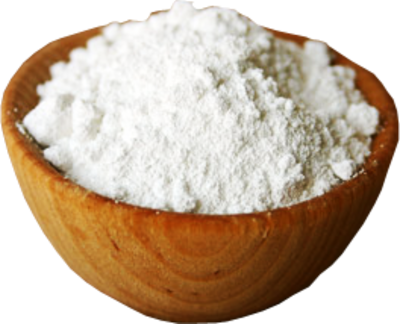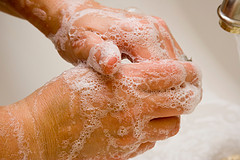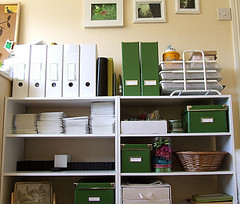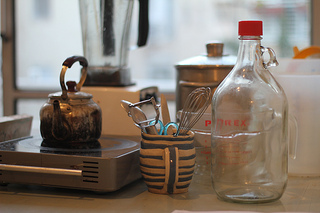Start by clearing all surfaces in the kitchen, from countertops to stovetops. The easiest and most effective all-purpose cleaner you can use is a simple mixture of water, white vinegar, and a few drops of essential oils like tea tree or lemon for a fresh scent. This solution can be sprayed directly on surfaces to cut through grease, disinfect, and leave your countertops sparkling. For tougher grime on stove tops or around the sink, sprinkle baking soda on the area before spraying your vinegar mixture. The combination creates a gentle foaming action that helps lift grease and stains without damaging the surface.
When it comes to cleaning kitchen appliances like the refrigerator or microwave, natural cleaners are both effective and safe for food-prep areas. For your refrigerator, empty the contents first, and wipe down all surfaces with a cloth dipped in a mixture of equal parts water and vinegar. This helps remove spills, stains, and bacteria without leaving behind any harmful residue. For stubborn stains or sticky spots, a paste made from baking soda and water works wonders. Scrub gently with a sponge, and wipe clean with a damp cloth. Don’t forget to clean out the rubber seals around the fridge door, where crumbs and grime can easily accumulate. Simply use a toothbrush dipped in vinegar to scrub the seals thoroughly.
Your microwave can be cleaned just as naturally. Fill a microwave-safe bowl with water and a few slices of lemon or a couple of tablespoons of vinegar. Microwave the bowl on high for several minutes, allowing the steam to loosen food splatters and baked-on grime. Afterward, wipe down the interior with a damp cloth. The acidity from the lemon or vinegar will cut through any grease, and the steam will make it easy to wipe away residue without scrubbing.
Next, turn your attention to your kitchen sink, which is often the most bacteria-ridden area in the room. After washing dishes, sprinkle baking soda over the sink and scrub it with a sponge. The baking soda acts as a natural abrasive to remove stains, grease, and food particles. To clean and deodorize your drain, pour half a cup of baking soda down the drain, followed by a cup of vinegar. Let the mixture bubble for a few minutes before flushing it with hot water. This not only clears clogs but also eliminates odors and keeps the pipes fresh.
For kitchen floors, whether tile, laminate, or wood, mopping with a mixture of warm water and vinegar is a great green cleaning solution. If your floors are particularly dirty, add a few drops of castile soap for extra cleaning power. The vinegar disinfects, while the castile soap helps lift dirt and grease, leaving your floors shining. If you’re dealing with grout between tiles, make a paste of baking soda and water, and use an old toothbrush to scrub the grout clean. This method safely brightens grout without the need for bleach.
Finally, don’t forget about the kitchen trash can, which can often harbor unpleasant odors and bacteria. After taking out the trash, spray the inside of the bin with a vinegar and water solution. For an extra deep clean, sprinkle baking soda at the bottom of the can, then scrub it with a brush. Let it air dry in the sun if possible—the natural sunlight helps to kill bacteria and neutralize odors.






